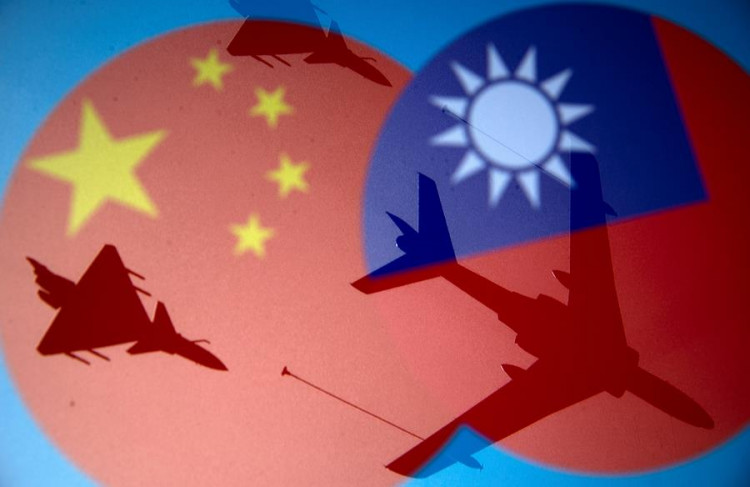In a significant move signaling Taiwan's determination to bolster its defense capabilities, the self-governed island recently unveiled its first home-grown submarine, christened "Narwhal" or "Hai Kun" in Mandarin. This development comes at a time when tensions between Taiwan and China are palpably high, with the latter frequently flexing its military muscles in the region.
The Narwhal's introduction was not without immediate repercussions. The day following the submarine's unveiling, nearly two dozen Chinese jets, including two anti-submarine warfare (ASW) aircraft, entered Taiwan's air defense identification zone (ADIZ). Taiwan's Ministry of National Defense (MOD) promptly reported the intrusion, noting that among the aircraft were Xian H-6 medium-range bombers and Harbin Z-9 ASW helicopters. This swift aerial response from China underscores the strategic importance of Taiwan's maritime defense enhancement.
The Narwhal, a product of Taiwan's Indigenous Defense Submarine (IDS) program, is a testament to the island's commitment to self-reliance in defense. With a price tag of $1.54 billion, the submarine represents a significant investment in Taiwan's naval capabilities. President Tsai Ing-wen, during the unveiling ceremony, lauded the collective efforts that culminated in this achievement, emphasizing that history would remember the contributions made towards this endeavor.
While specific details regarding the submarine's size and capabilities remain undisclosed for security reasons, it is known that the Narwhal will commence underwater testing next month. Following a series of sea trials, the submarine is slated to be incorporated into the Taiwanese Navy by the end of 2024.
Taiwan's defense strategy has been evolving in the face of growing threats from China. The island has not only been strengthening alliances with pivotal partners like the United States but has also showcased an unwavering resolve to be self-sufficient in safeguarding its sovereignty. This sentiment was echoed by Timothy R. Heath, a senior international defense researcher at the RAND Corporation, who opined that Taiwan's investment in its defense would likely make allies like Washington more inclined to support it.
The unveiling ceremony of the Narwhal was graced by Sandra Oudkirk, the U.S.'s de facto ambassador to Taiwan, along with representatives from South Korea and Japan's Taipei missions. Their presence underscores the international significance of Taiwan's defense initiatives.
In the broader context, Taiwan's move to enhance its naval capabilities with the Narwhal and its future plans to build more submarines under the IDS program reflect a strategic shift. As China continues its assertive posturing in the region, Taiwan's endeavors underline its commitment to ensuring a balance of power, thereby maintaining stability in the geopolitically crucial Indo-Pacific corridor.






